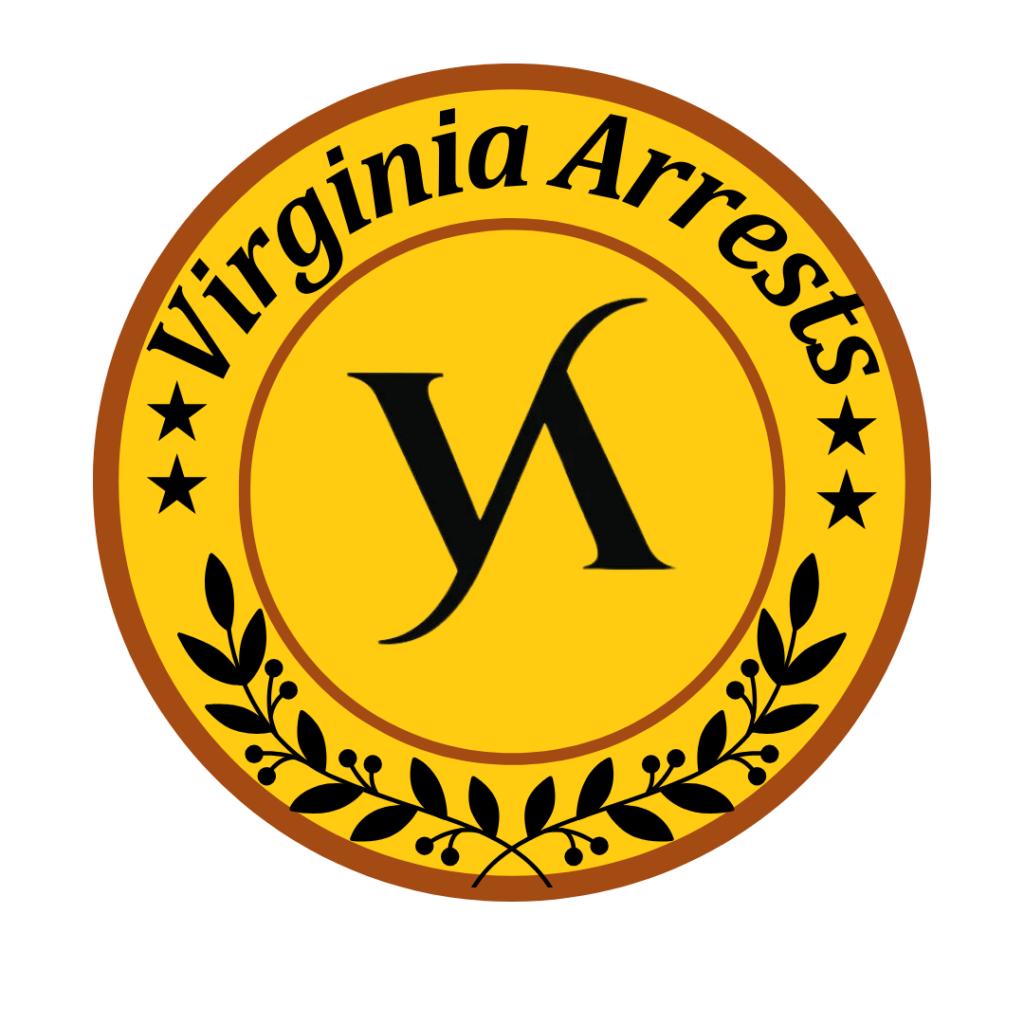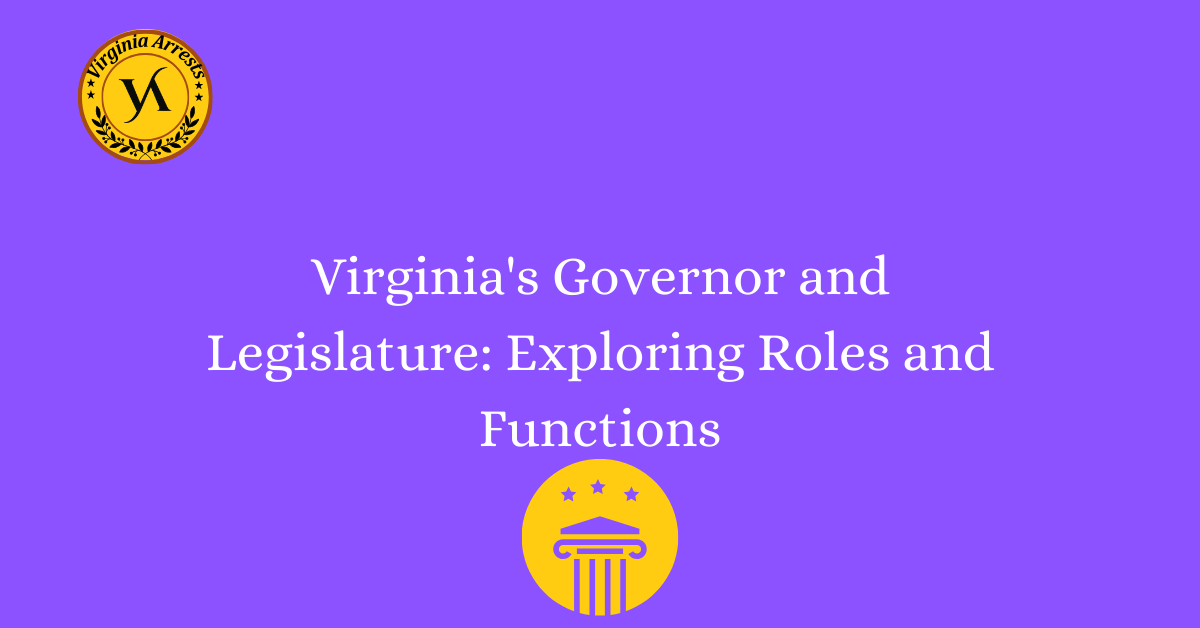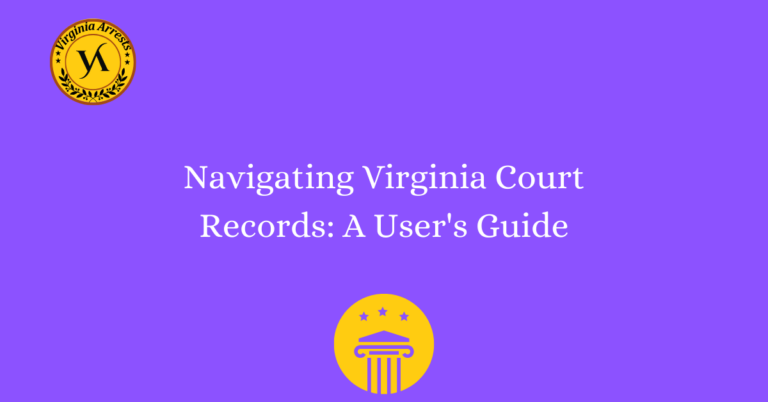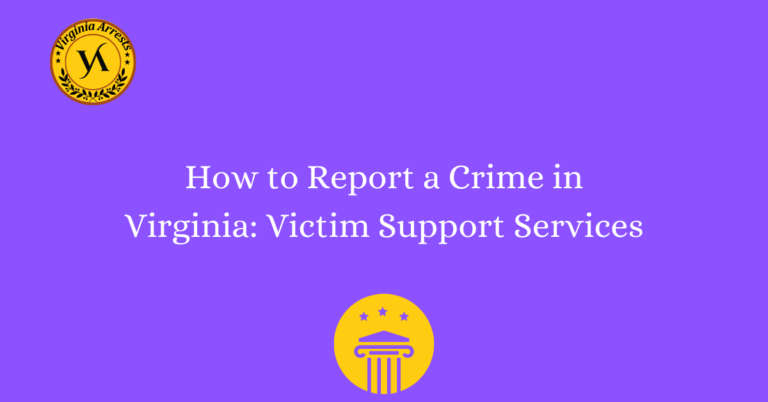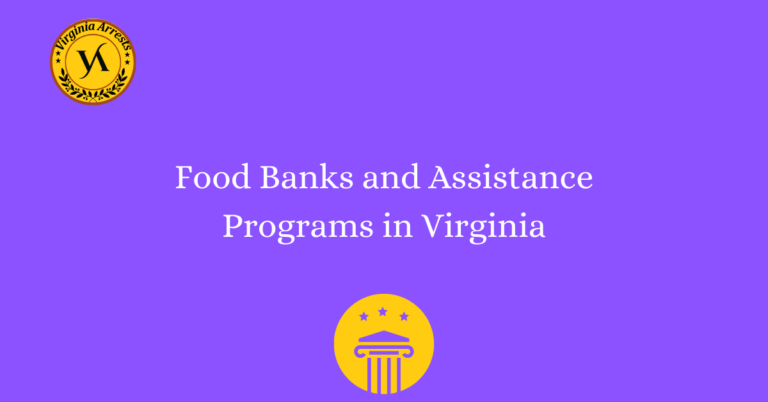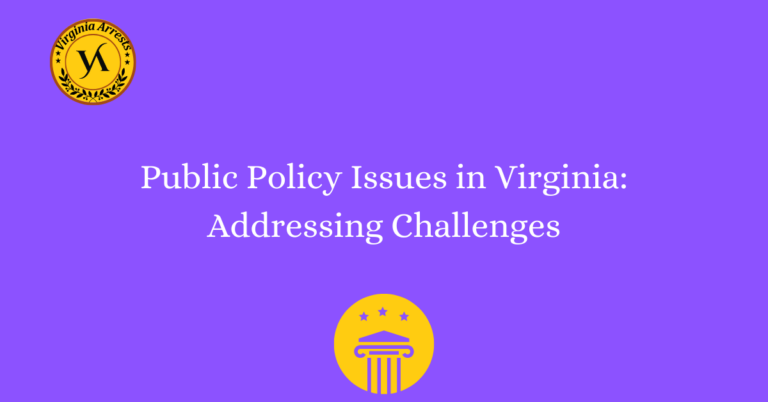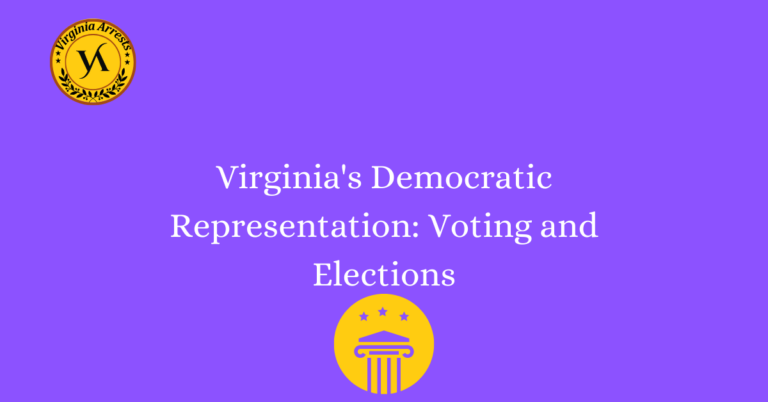Virginia’s Governor and Legislature: Exploring Roles and Functions
The roles and functions of the Governor and State Legislature in Virginia play a crucial role in the governance and decision-making processes of the state. As the chief executive officer of the state, the Governor is responsible for overseeing the implementation of laws, managing the state’s budget, and representing Virginia at both the state and national levels. The Governor also has the power to veto legislation, appoint key officials, and call special sessions of the General Assembly.
The State Legislature, also known as the General Assembly, is a bicameral body consisting of the Virginia House of Delegates and the Virginia Senate. Together, they are responsible for making and passing laws that govern the state. The General Assembly also has the power to override a Governor’s veto, impeach state officials, and propose amendments to the Virginia Constitution. The legislators, elected by the citizens of Virginia, represent the interests of their constituents and work together to address the needs and concerns of the state.
Role of the Governor
The Governor of Virginia holds the highest executive office in the state and plays a crucial role in the governance and decision-making processes. As the chief executive officer, the Governor is responsible for overseeing the implementation of laws, ensuring their proper execution, and managing the state’s budget. This includes allocating funds to various departments and agencies to facilitate the smooth functioning of the government.
Additionally, the Governor represents Virginia at both the state and national levels, acting as the face of the state in official matters. This involves engaging in diplomatic relations with other states and countries, attending conferences and meetings, and advocating for the interests of Virginia and its citizens.
Furthermore, the Governor possesses the power to veto legislation. This authority allows the Governor to reject bills that are deemed unnecessary, unconstitutional, or not in the best interest of the state. By exercising this power, the Governor ensures that only well-considered and beneficial laws are enacted.
In addition to veto power, the Governor has the authority to appoint key officials. This includes appointing individuals to various state positions such as cabinet secretaries, agency heads, and judges. By carefully selecting competent and qualified individuals for these roles, the Governor ensures the effective functioning of the government and the delivery of quality services to the citizens of Virginia.
The Governor also has the ability to call special sessions of the General Assembly. In situations where urgent matters require the attention of the legislature outside of the regular session, the Governor can convene a special session. This allows for timely and focused discussions and actions on specific issues that require immediate attention.
Role of the State Legislature
The State Legislature, also known as the General Assembly, is a bicameral body consisting of the Virginia House of Delegates and the Virginia Senate. Together, they are responsible for making and passing laws that govern the state.
One of the primary functions of the General Assembly is to propose, debate, and pass legislation. This involves thorough discussions, research, and analysis of various issues concerning the state. The legislators, elected by the citizens of Virginia, represent the interests of their constituents and work together to address the needs and concerns of the state. Through this collaborative effort, the General Assembly ensures that the laws enacted reflect the will of the people and promote the overall well-being of the state.
The General Assembly also possesses the power to override a Governor’s veto. In cases where the Governor rejects a bill, the General Assembly can vote to override the veto if there is enough support. This check on the Governor’s power ensures that the legislative branch has the ability to enact laws that may be necessary, even if the Governor initially opposes them.
In addition, the General Assembly has the authority to impeach state officials. This process allows the legislature to hold accountable individuals who have committed serious offenses, such as abuse of power or corruption. By exercising this power, the General Assembly ensures the integrity and ethical conduct of public officials.
Furthermore, the General Assembly has the ability to propose amendments to the Virginia Constitution. This authority allows for the necessary changes and updates to the state’s governing document to reflect the evolving needs and values of the people of Virginia.
In conclusion, the roles and functions of the Governor and State Legislature in Virginia are essential in ensuring the effective governance of the state. Through their respective powers and responsibilities, they work together to uphold the principles of democracy, represent the interests of the people, and make decisions that shape the future of Virginia.
FAQs
What are the roles and functions of the Governor in Virginia?
The Governor of Virginia serves as the chief executive of the state, responsible for implementing and enforcing laws, managing the state budget, and representing Virginia in various capacities. The Governor has the power to veto legislation, appoint individuals to various state positions, and declare a state of emergency when necessary.
What are the roles and functions of the State Legislature in Virginia?
The State Legislature in Virginia, also known as the General Assembly, is responsible for making laws and overseeing the state’s budget. It consists of two chambers: the Senate and the House of Delegates. The Legislature plays a crucial role in representing the interests of the people, passing legislation, and providing oversight of the executive branch.
How does the Governor influence the legislative process in Virginia?
The Governor in Virginia has the power to propose legislation and work with lawmakers to shape policy priorities. The Governor can also use their veto power to either sign or reject bills passed by the Legislature. Additionally, the Governor can exercise leadership by advocating for specific initiatives and working to build consensus among legislators.
What is the process for the Governor to declare a state of emergency in Virginia?
In Virginia, the Governor has the authority to declare a state of emergency in response to natural disasters, public health emergencies, or other emergencies. This declaration grants the Governor certain powers, such as the ability to mobilize state resources, activate the National Guard, and implement emergency measures to protect public safety.
How are members of the State Legislature in Virginia elected?
Members of the State Legislature in Virginia are elected through a democratic process. Senators are elected for four-year terms, while Delegates serve two-year terms. Elections for these positions occur on a regular basis, allowing citizens to choose their representatives and have a voice in the legislative process.
What is the role of the State Legislature in the state budget process in Virginia?
The State Legislature in Virginia plays a critical role in the state budget process. It is responsible for reviewing and approving the Governor’s proposed budget, making adjustments as necessary, and ultimately passing a budget that allocates funds for various state programs, services, and initiatives. The Legislature exercises oversight to ensure responsible fiscal management and address the needs of the state and its citizens.
